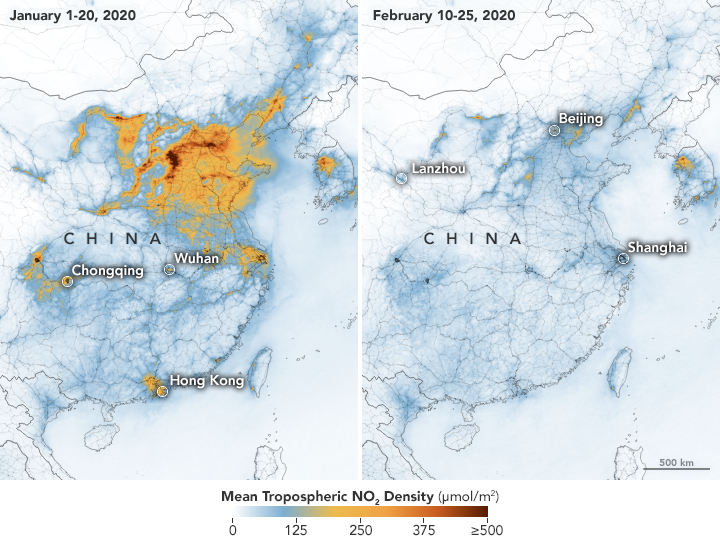
Most of us have seen the striking satellite images made last winter above Eastern China. They show the sky in January, filthy with nitrogen dioxide from the burning of fossil fuels; and then again a month later, when the coronavirus outbreak radically curbed the Chinese economy and with it the output of pollutants.
No sane person would call this a silver lining. If you think a pandemic is going to slow climate change think again. But the images graphically demonstrate how every event of significance has consequences beyond itself that we never saw coming.
This is true of more than just viruses. Insurance companies, for example, have been trying for some time to understand the cross impacts of social changes like multigenerational families and gay marriage for their actuarial tables. Or of technological changes like artificial intelligence, which is blurring our established understanding of where liability resides. To an insurer’s operating environment such events might at first seem external. Until the day they aren’t.
No one can look at a single large phenomenon like the coronavirus and predict its multiple meanings for an industry two or three years from now. The cross-impacts of the virus are too complex and moving too fast. Whatever we get right we’ll get other things wrong, and in important ways.
Amid this uncertainty it is not only possible but essential to make strategic choices.
The profound usefulness of alternative futures (or scenario planning) in highly charged moments is in the way it gets us thinking beyond our present perspective by illuminating the large forces at play in the world. It compels us to think with rigor about what those forces might mean for our organizations in two, three years or much further out in time. The objective is not to predict the future, but to manage the uncertainty that surrounds it. This is the essence of scenario planning.
The objective is to break down the walls defining our present so that we can think imaginatively not only about threats but about unanticipated opportunities—especially in times of crisis.
In every moment, in a public-health emergency or not, we are making choices that shape our futures. It is up to us whether we do that consciously or simply react to whatever happens next.
